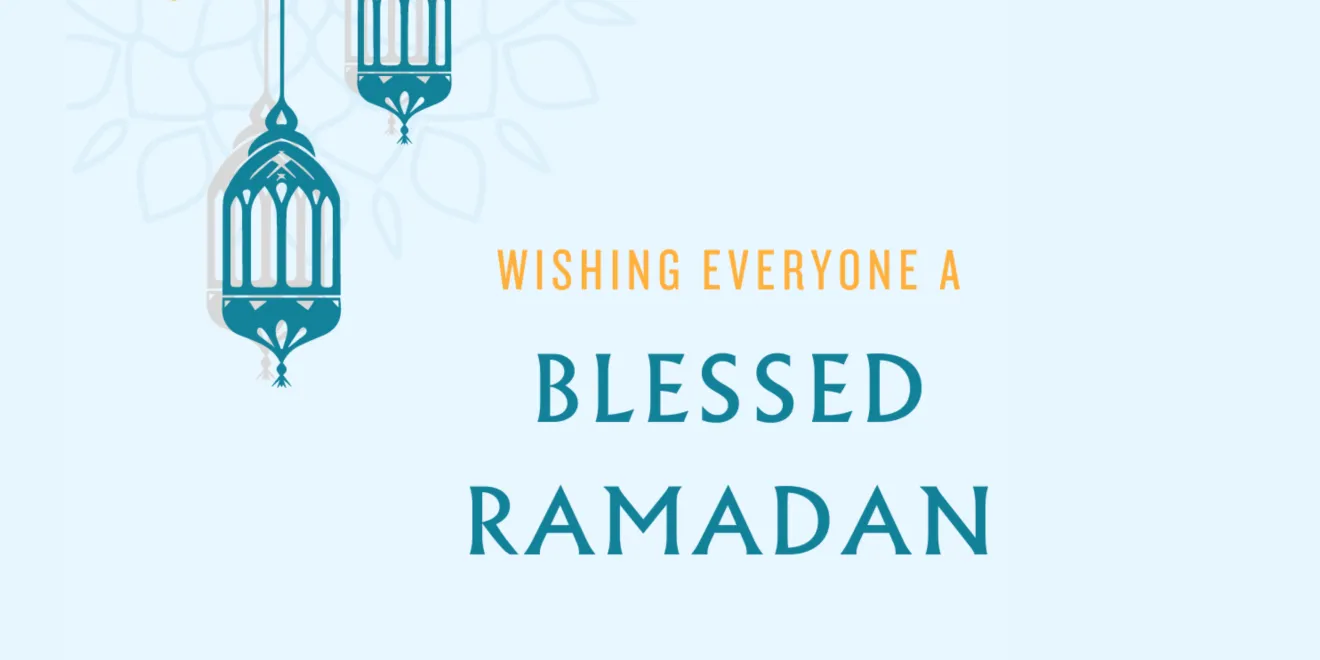Celebrating Ramadan
- News

Traditions and Practices
Ramadan is a special time for Muslims around the world, including those who live in the United States. It is a month-long observance that holds great significance in the Islamic faith. This year it began on the evening of March 10, 2024.
What is Ramadan? Ramadan is the ninth month of the Islamic lunar calendar, known as the Hijri calendar. It is considered the holiest month for Muslims because it is believed to be the month when the Quran, the holy book of Islam, was first revealed to the Prophet Muhammad by Allah (God). During Ramadan, Muslims fast from dawn until sunset, refraining from eating, drinking, smoking and other physical needs. Fasting is one of the Five Pillars of Islam, which are the core beliefs and practices that every Muslim follows.
How is Ramadan Celebrated in the United States? In the United States, Ramadan is celebrated by Muslims from diverse backgrounds and cultures. While the observance remains deeply rooted in religious traditions, the way it is practiced may vary from one community to another. Here are some common practices during Ramadan in the United States:
#1 Fasting: Muslims in the United States observe fasting during daylight hours throughout the month of Ramadan. This includes abstaining from food, drink, smoking and other physical needs from dawn (called "Fajr") until sunset (called "Maghrib"). Fasting is seen as an opportunity for self-discipline, spiritual reflection and empathy towards those less fortunate.
#2 Prayer and Worship: Ramadan is a time for increased devotion to prayer and worship. Muslims often spend more time at mosques, participating in special evening prayers called Taraweeh. These prayers involve recitations from the Quran and are usually performed in congregation.
#3 Community and Charity: Ramadan emphasizes the importance of giving to those in need. In the United States, Muslims participate in various charitable activities such as feeding the hungry, distributing meals to the homeless and donating to organizations that support disadvantaged communities. Many mosques and community centers organize iftars, which are evening meals to break the fast, where people come together to share food and fellowship.
#4 Family and Reflection: Ramadan is also a time for family gatherings and reflection. Families often come together for pre-dawn meals called "Suhoor" and break their fast together at sunset with a meal called "Iftar." These gatherings provide opportunities for strengthening family bonds and reflecting on the blessings of Ramadan.
#5 Cultural Traditions: Alongside religious practices, many Muslims in the United States also incorporate cultural traditions into their Ramadan celebrations. These may include preparing special foods, decorating homes and mosques and exchanging gifts with loved ones.
Ramadan holds immense significance for Muslims in the United States and serves as a time of spiritual renewal, community solidarity and charitable giving. While the observance may vary in its cultural expressions, the core values of fasting, prayer and compassion remain central to the celebration of Ramadan among Muslim communities across the country.





